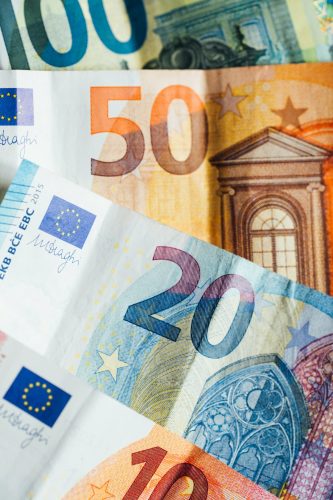The European Union has become a key player in the regulation and licensing of cryptocurrency businesses. With the growth of blockchain technology and digital assets, the need for a clear legal framework became undeniable. The introduction of the Markets in Crypto-Assets Regulation (MiCA) has made the process of obtaining a crypto license in Europe more standardized and transparent. Whether you’re an entrepreneur, investor, or simply curious about how crypto operations work within Europe, there are several important facts and insights you should know.
Understanding the Basics of a European Crypto License
A European crypto license is an official authorization issued by a regulatory authority within an EU member state. It allows crypto companies to operate legally, providing services such as:
- Crypto asset exchange
- Crypto wallet services
- Custodial services for digital assets
- ICO (Initial Coin Offering) launch and management
This licensing process ensures that only credible and secure platforms can offer financial services connected to crypto assets, which increases trust and reduces risk for users and investors alike.
MiCA: A Turning Point for Crypto in Europe
In 2023, the European Union introduced the MiCA regulation — a comprehensive law designed to govern distributed ledger technology markets. It is the first legislation of its kind globally, making Europe a pioneer in digital asset law. MiCA is expected to become fully enforceable by early 2025.
What MiCA aims to do:
- Provide legal certainty for crypto-assets not covered by existing financial directives
- Support innovation while ensuring financial stability
- Offer protection for consumers against fraud and manipulation
MiCA effectively makes it easier for companies to “passport” their services across Europe once licensed in a single EU member state. This unity is particularly attractive for crypto startups seeking to scale efficiently.
Licensing Authorities and Jurisdictions
Several EU countries are known for being crypto-friendly and offer streamlined licensing processes. Popular jurisdictions include:
- Lithuania – Fast-tracked licensing and a growing fintech scene
- Estonia – Historically a leader in digital innovation but tightened its crypto laws recently
- Malta – Known as the “Blockchain Island” with a progressive framework
- Germany – Offers robust regulation under BaFin, ideal for large-scale operations
Each country has its own set of requirements, but all must align with the overarching European regulations, especially after the full implementation of MiCA.
Requirements to Obtain a Crypto License
The documentation and regulatory compliance needed can vary, but some of the most common requirements include:
- Detailed business plan describing crypto services
- Proof of sufficient capital reserves
- Specialist knowledge within the management team
- AML (Anti-Money Laundering) and KYC (Know Your Customer) procedures
- IT security and data protection policies
Some jurisdictions may require real office space or local directors, while others are more flexible and allow remote structures. It’s important to research individual country laws or consult legal professionals specializing in crypto regulations.
Benefits of Having a European Crypto License
Holding a crypto license in Europe comes with multiple advantages:
- Access to the entire EU market through passporting rights
- Increased trust from consumers and institutional investors
- Legal security for developing innovative crypto products
- Compliance shield against future legal disputes and audits
In essence, a European crypto license is more than just paperwork — it’s a critical element of long-term sustainability and trust for any digital asset operation.
Challenges and Considerations
Although the licensing framework is now clearer, challenges still exist. The costs associated with legal compliance, time-consuming approval processes, and ever-changing requirements may deter smaller startups. Additionally, despite unified regulations, some EU countries still interpret policies differently, which may require extra adaptation and monitoring.
Working with experienced legal consultants and choosing the right jurisdiction remains a significant step in the success of your crypto venture in Europe.
Conclusion
Europe’s approach to regulating the cryptocurrency market via MiCA and national frameworks is setting a global precedent for how nations can embrace innovation while ensuring security. For companies looking to expand across the continent, obtaining a European crypto license is both a strategic and necessary move.
Whether you’re developing a decentralized finance (DeFi) platform, launching an exchange, or creating a new token, a licensed presence in Europe could offer you the foundation to grow and earn customer trust. With 2025 on the horizon, now is the time to prepare and position your crypto business within Europe’s regulatory framework.
